Back
SHIV DIXIT
CHAIRMAN - BITEX IND... • 1y
📖 DAILY BOOK SUMMARIES 📖 🔗 DIRECT FREE E-BOOK DOWNLOAD LINK AVAILABLE — https://drive.google.com/file/d/15wBZox0samDv_i1pg_pikgNeqq6EBL68/view?usp=drivesdk 🔥 The Effective Executive 🔥 🚀 20 Lessons By 👉 ✨ Peter Drucker ✨ 1. Time Management: • Effective executives track and manage their time carefully, focusing on high-impact activities. 2. Focus on Results: • Success is measured by results, not just effort; effective executives prioritize tasks that produce meaningful outcomes. 3. Strength-Based Leadership: • They leverage their own strengths and those of their team rather than trying to fix weaknesses. 4. Set Priorities and Stick to Them: • Effective executives establish clear priorities and avoid distractions, tackling tasks in order of importance. 5. Decision-Making Process: • They follow a structured decision-making process, ensuring each decision is based on facts, logic, and long-term impact. 6. Effective Delegation: • Delegation of tasks and responsibility is crucial to maximize productivity and allow the executive to focus on key areas. 7. Effective Communication • They communicate clearly and directly, ensuring alignment across the organization 8. Focus on Contribution • Emphasize making a meaningful contribution to the organization, team, and clients 9. Self-Development • They continuously develop their skills and knowledge, adapting to new challenges and responsibilities 10. Building on Opportunities • Effective executives prioritize seizing opportunities rather than focusing on avoiding problems.l 11. Encourage Innovation • Effective executives encourage innovative thinking, fostering a culture that welcomes new ideas and improvements 12. Think and Act Strategically • They balance day-to-day tasks with strategic planning, ensuring alignment with the organization’s long-term goals 13. Systematic Abandonment • Periodically review activities and abandon those that no longer add value to free up resources for more impactful work 14. Avoid Overcommitment • Effective executives avoid spreading themselves too thin, focusing on fewer tasks to ensure quality outcomes 15. Use Meetings Effectively • Meetings are conducted with clear agendas and purposes, making them focused and productive 16. Responsibility for Communications • They take responsibility for ensuring clear, two-way communication to minimize misunderstandings 17. Organizational Knowledge • Effective executives understand the organization’s structure, culture, and dynamics to work effectively within it 18. Learning from Feedback • They actively seek and learn from feedback, adjusting strategies and behaviors as needed 19. Commitment to Excellence • They set high standards for themselves and their teams, aiming for excellence in all aspects of their work 20. Ethical Decision-Making • Effective executives adhere to ethical standards, ensuring integrity in their decision-making and actions
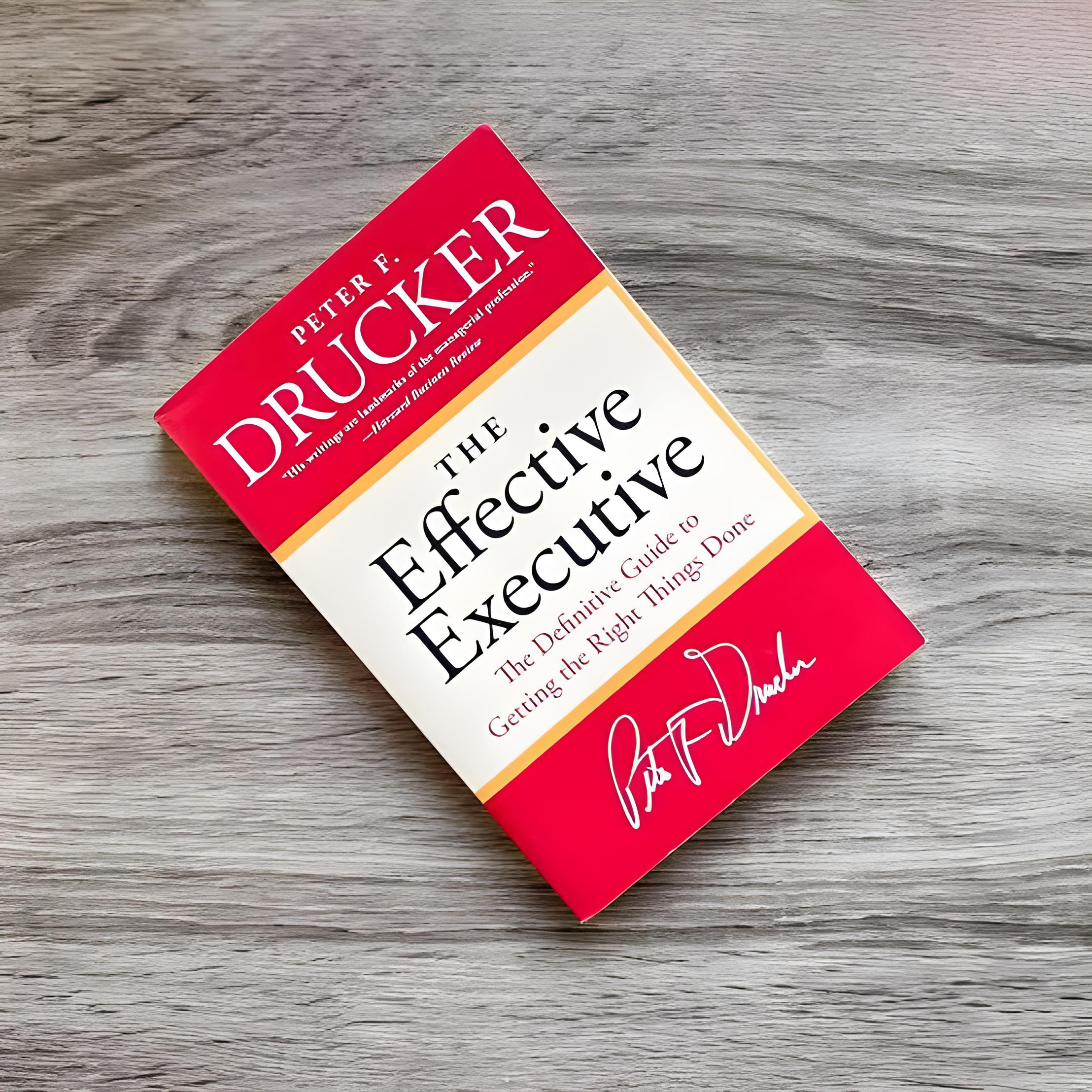
More like this
Recommendations from Medial
Vikas Acharya
Building Reviv | Ent... • 1y
WHAT ARE AI AGENTS ? AI agents are software programs that use artificial intelligence to interact with their environment, collect data, and perform tasks. They can be programmed to achieve specific goals, and they can learn from their experiences.
See More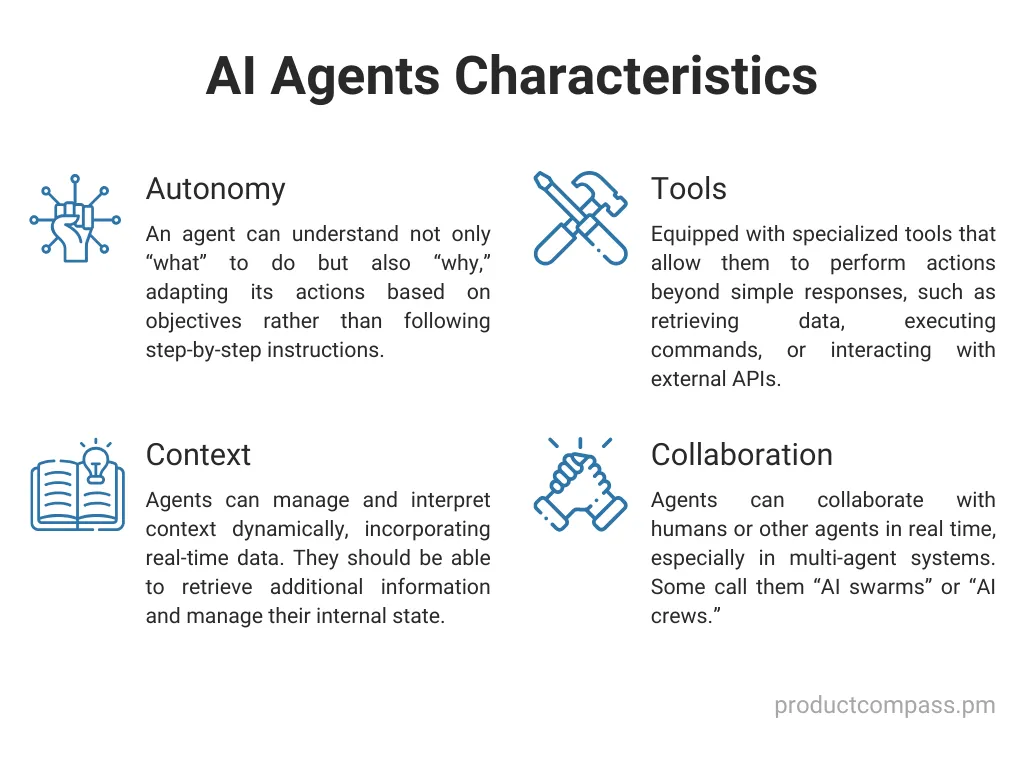
Sumangal Bose
Jack of all trades • 1y
Andhra Pradesh minister Nara Lokesh on Wednesday welcomed IT firms to "relocate their businesses" to his state amid a massive backlash over Karnataka government's decision to reserve jobs for locals. In a post on X, Lokesh, who is the state IT minis
See More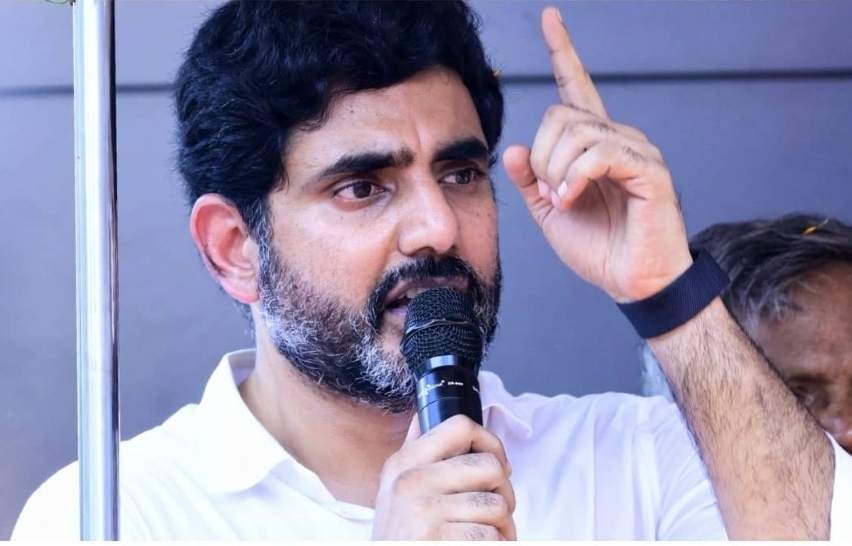
Ekansh Jain
Hey I am on Medial • 1y
My idea of starting a venture in future is on progress of making strays independent on their own and making them earn money including dogs cats cows and making business out of them and making them their own one's then they will need no support of hum
See MoreDownload the medial app to read full posts, comements and news.





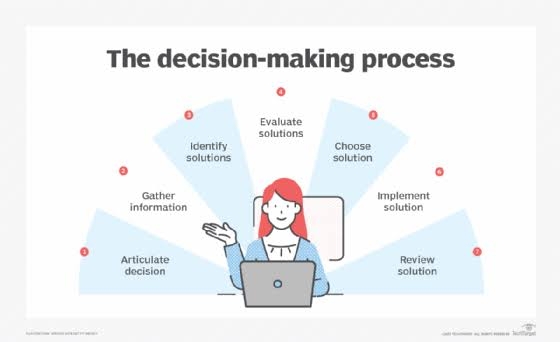



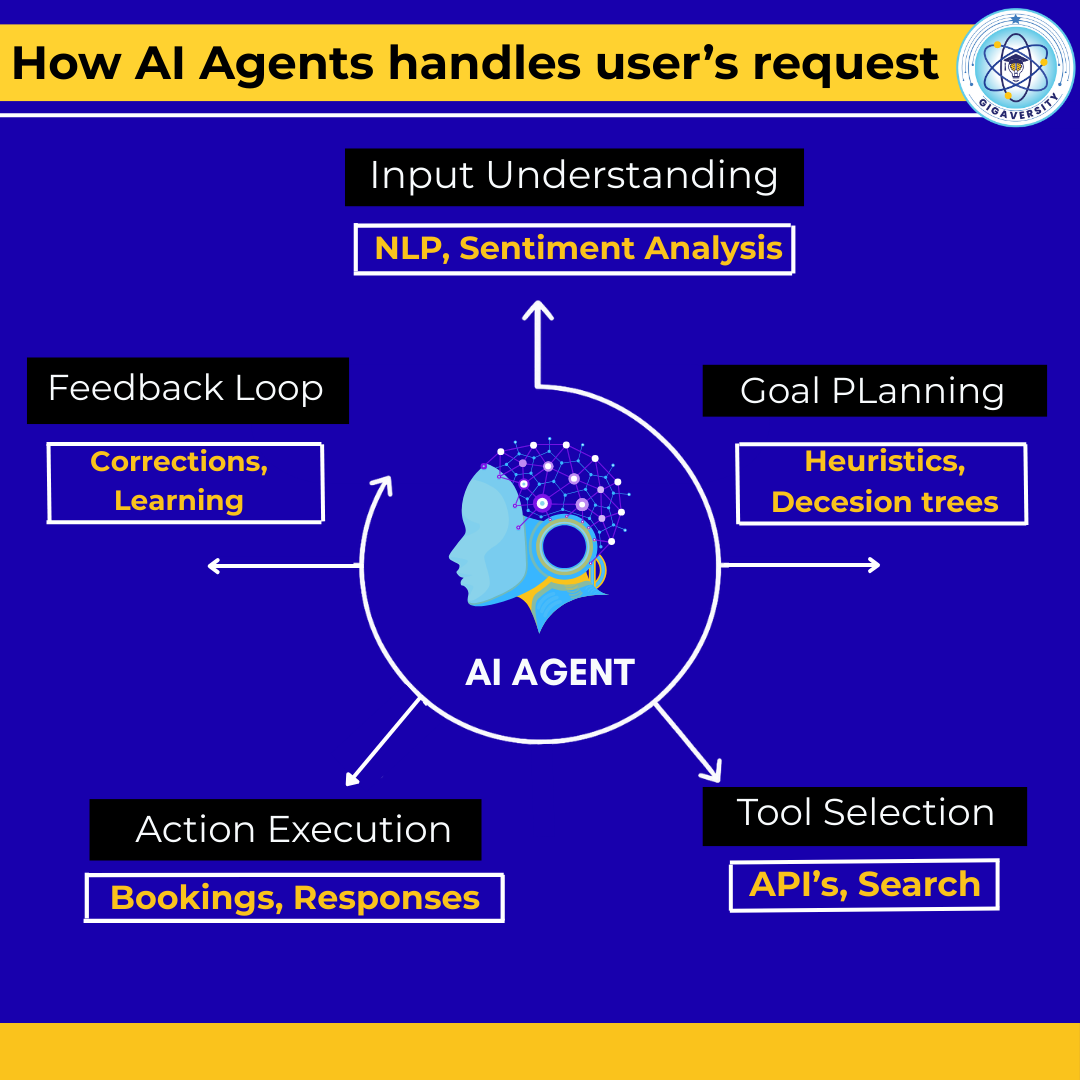






/entrackr/media/post_attachments/wp-content/uploads/2021/08/Accel-1.jpg)



















